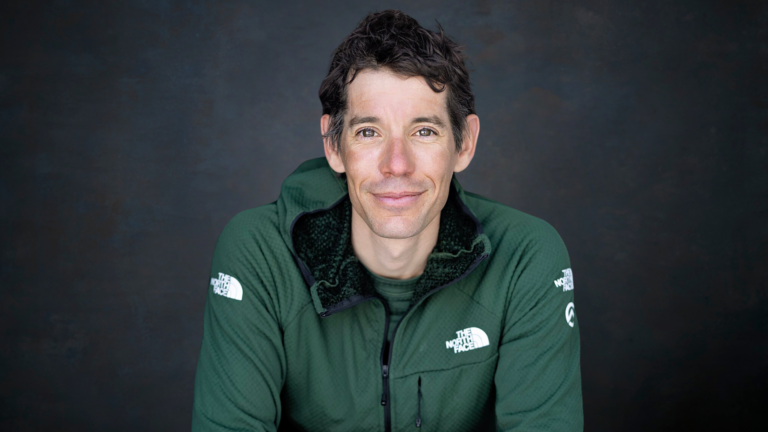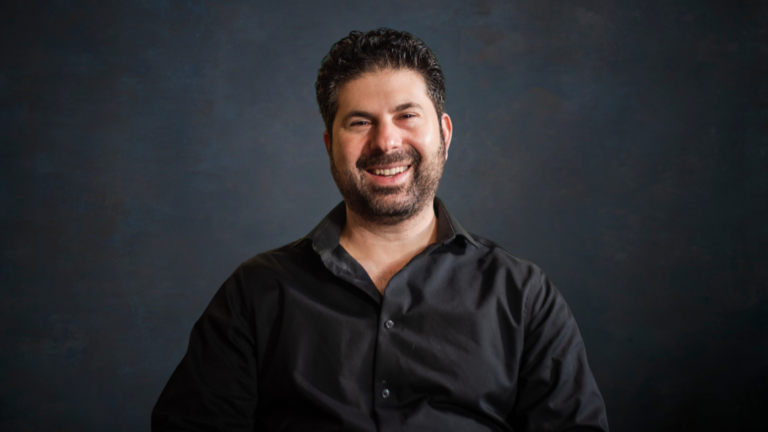This week’s conversation is with Charles Duhigg, a Pulitzer prize-winning reporter and a former columnist and senior editor at the New York Times.
Charles is the author of The Power of Habit, which has spent over three years on the New York Times bestseller lists, and Smarter Faster Better, also a New York Times bestseller.
His books have sold more than 5 million copies worldwide.
Charles currently writes for The New Yorker and The New York Times Magazine, and hosts How To! with Charles Duhigg, a Slate podcast.
He is a graduate of Yale University and the Harvard Business School, and a frequent contributor to This American Life, NPR, The Colbert Report, PBS’s NewsHour, and Frontline.
In this conversation, we discuss what led Charles to write The Power of Habit and drill down into some best practices to create a new habit or curb a poor habit.
“If you want to start a new habit, first choose a cue. Second, figure out how you’re going to reward yourself every single time you do this. The most powerful thing to do is to give yourself an explicit reward so that your brain learns to grab on to this clump of behaviors and make it easier and easier.”
In This Episode:
Being different is key
Anyone who’s listening who wants to go to Yale or Harvard Business School, the key is actually just to be different, right? The fact that I was from New Mexico, I think, made me different. I was starting medical education campuses at a time when everyone else was doing dot-coms, which make me different. I had studied Marxist intellectual history at Yale, so if you’re applying to business school and you’ve studied Marxist history, I think that makes you different.
What he’s observed about the happiest and most successful people
The common denominator is that throughout my life, what I’ve found is that the people who are both happiest and most successful, are the people who love what they’re doing. And I’ve noticed this a lot with my business school classmates, that there’s a group of people who choose jobs because of secondary reasons, either they’re high status or they bring a lot of compensation or X or Y or Z. And the thing is, when they’re done with the job, they don’t actually like the job that much, so when they’re done with the job, they basically stop thinking about the job. And then there’s another group of people that I’ve been exposed to who whatever they’re doing, they just love doing it and it fascinates them so much that they think about it all the time. And because they think about it all the time, they’re essentially working twice as much, joyfully, as every everyone else and working twice as much, you end up being twice as good.
What made him want to become a journalist?
If you’re in business, it’s your job to do one thing and get better and better and faster and faster at it.
If you’re a journalist, it’s exactly the opposite. Your job is to learn something new and do something different every single day. And I realized that those are things that I would do in my spare time, regardless, and so that meant that I would be more successful on that path than I would on some other path where I was looking at a secondary reward as opposed to the activity itself.
How would he articulate his path?
I’m on the path of trying to figure out how to tell stories about important topics that people are desperate to finish the story. So if you can figure out how to tell that story in a way that someone is desperate to finish the story because it’s a well-told story, then you can smuggle those ideas into people’s heads, and that’s my mission statement is to figure out how to find the most important ideas that people should be aware of, and smuggle them into people’s heads by figuring out how to tell stories that people are just desperate to finish.
What got him curious about habit formation?
The military is basically this giant habit-change machine, and this guy said it changed his life. Once he understood how habits worked, that habits were this thing that you could play with and fiddle with the gears, it changed everything about how he lives. And so I had gone to Iraq expecting that I was going to learn about manhood and war and stuff like that, but actually, what I learned about was there’s this awesome thing happening with the science of habit formation that I had never heard of, and that’s how I got interested in habits.
The habit loop
Every habit has these three components, a cue, a routine and a reward, and that we think about the behavior, the routine all the time. But if you focus on the cue and the reward, that is how you can actually change how people behave, and so that was how I got interested in habits.
Creating a new habit starts with a cue
it’s very easy to say what behavior or what routine I want, and we need to be specific, right? Let’s say I want to spend five minutes in meditation every single day so as to develop mindfulness skills. So we know what behavior, what routine we’re talking about. Now the habit loop is a cue, a routine, a reward, and these become self-reinforcing. Basically, our brain learns to clump together that cue, the routine, the reward, until it becomes more and more automatic behavior. And we know the routine. We know the behavior. I want to meditate for five minutes. But the next step is you much choose what the cue is and what the reward is to create this clump of behavior, this chunk. A cue, it can be one of five things. It’s a time of day, a particular place, a certain emotion, the presence of certain other people, or a proceeding behavior that’s become ritualized.
Rewarding yourself
I think what we know about from habit studies is that most people, when they start an activity like meditation, they need to give themselves some kind of reward, whether that be keeping track of it on a journal, giving themselves even like a small piece of chocolate afterwards, saying, “Oh, because I meditated for five minutes, I’m allowed to go watch YouTube for 15 minutes, guilt-free.” Most of us create these rewards almost unconsciously, without realize that we’re doing it, right? When you talk to your mentor, you’re rewarding yourself, and you might not even know initially, that that’s what you’re doing. But the more explicit you make that, the easier it is to create that habit.
Changing old habits
I think it’s better to think about changing an old habit than breaking a habit because it’s so hard to extinguish an old behavior. It’s just a slight twist on the formula, which is instead of coming up with a new cue and reward, you ask yourself, “What is the existing cue and reward I have in my life that leads to this behavior that I want to change and can I find something new, some new behavior that seems to correspond with that old cue and that seems to deliver something similar to that old reward? And then I just sort of shoe horn that new behavior in.
The power of self-discovery
It is an oversimplification of how people behave, to create a framework, where we say, “If you identify the cues and rewards, you can change your behavior,” because we know that behavior is multi-varied and it’s complex. And yet, at the same time, creating the simple framework gives people a place to start, and this ties into what you were saying when you were talking about your kid, which is that we know that the most powerful ingredient for behavior change is experimentation, that if I can put myself in a mind frame where I can experiment with different behaviors and I can observe the consequences and therefore, run iterative experiments, that something happens in my brain that makes change easier. And I think this framework gives people a place to run experiments that allows them to learn about themselves.



